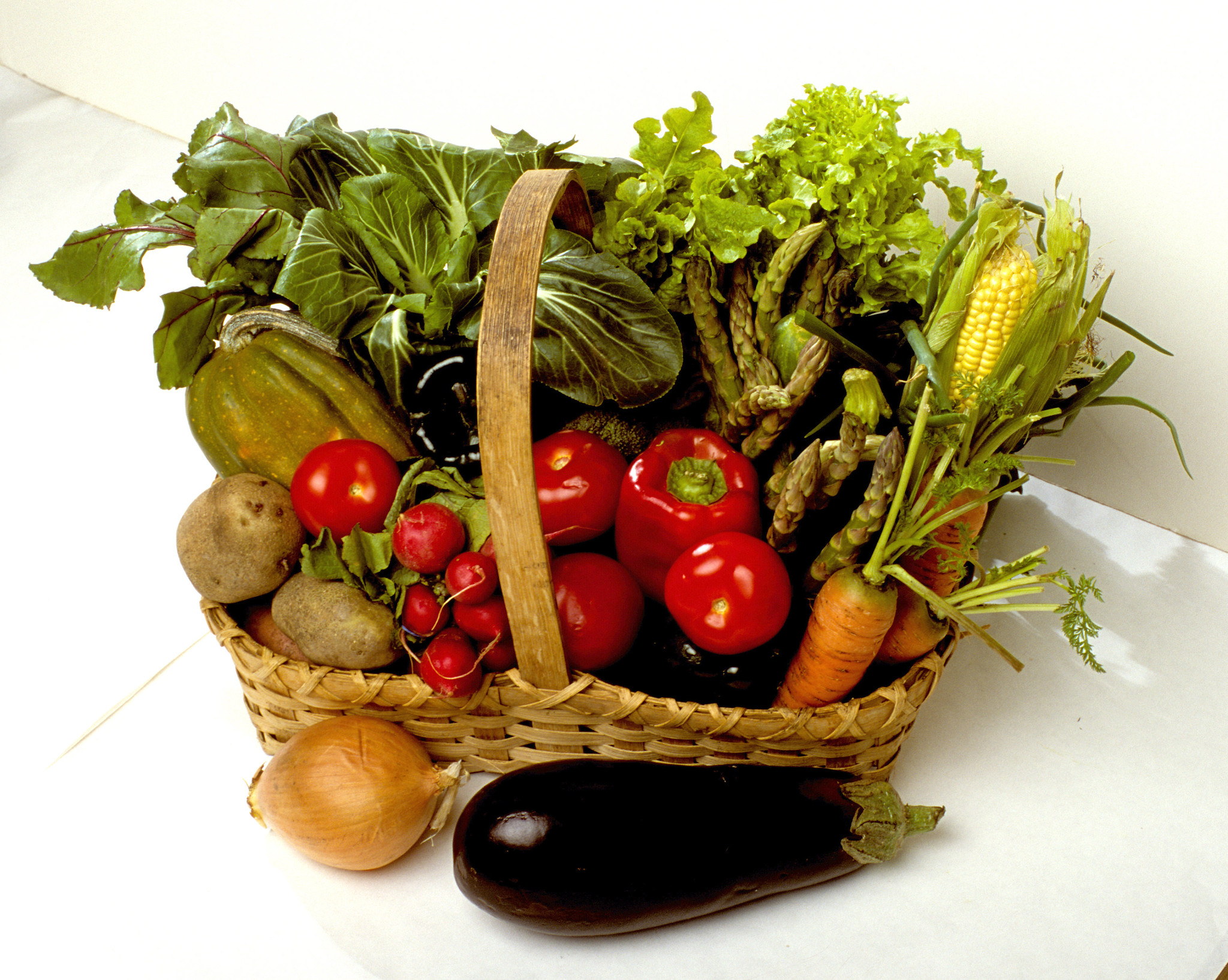As more and more people discover the joys of gardening during the pandemic, the Oregon State University Extension Service Master Gardener program has introduced a new series of free virtual monthly classes.
The Growing Oregon Gardeners: Level Up Series will be broadcast via Zoom webinar at 3 p.m. on the second Tuesday of the month through November. The classes are free but registration is required. To make them accessible to those who cannot attend the live session, the classes will be recorded and available on the website for anyone to watch.
The classes, which include topics as far-ranging as Dazzling Dahlias to Adapting Your Garden and Landscape to Climate Change, are meant for those with a bit of gardening under their belt, said LeAnn Locher, OSU Extension Master Gardener outreach coordinator.
“The classes came about as Master Gardener staff across the state saw the outpouring from the public for gardening information during COVID,” she said. “The classes help as a two-fold response: One is to give Master Gardeners an opportunity to continue their education and the other is to respond to the great interest for gardening knowledge and support from the public.”
Before the pandemic, this series would have been held in person solely as continuing education for Master Gardeners, but the webinar format allows the sessions to be offered to the public. The first class – Understanding Seed Characteristics taught by Nicole Sanchez, OSU Extension horticulturist – drew 336 people from 24 Oregon counties, as well as other states and Canada. About 9% of the attendees were not Master Gardeners and organizers are hoping to draw more of the public for future webinars.
“The classes are specifically based on timely issues and the priorities of the Master Gardener program, which include native plants, soil health, climate change and local food,” Locher said. “We called it Growing Oregon Gardeners because the knowledge is specific to Oregonians. I hope the attendees get research-driven information from a trusted resource to have more success as a gardener.”
The content, taught by horticulture experts from around the state, is meant to address current issues like wildfires, climate change and pollinators.
Here’s the line-up:
Multifunctional Hedgerows (Feb. 9) – At the edges of farm fields or along rows, there are often rows of trees, shrubs, flowers and grasses that are known as hedgerows. These living fences grow food, shelter wildlife, save water, manage weeds and look beautiful all year round. Explore how to design and use these multi-functional plantings as a way to achieve multiple land management goals.
irt Gone Bad: When your soil amendment has been contaminated (March 9) – Herbicides sometimes make their way into the regional composting system and unsuspecting gardeners purchase herbicide-contaminated compost and soil mix, which leads to damaged plants. This class will teach how to recognize the damage, what to do about it and how to avoid the problem. Also learn how to use compost in the vegetable garden, landscape and lawn.
Dazzling Dahlias (April 13) – Learn all about this popular plant, including the varieties that do well in your location, how to prep a site and how to plant, care and tend dahlias throughout the season. The session will also cover how to identify, plan for and treat common pests and diseases. Dahlias need a little love and support, but reward gardeners with big, beautiful flowers that make long-lived bouquets.
Water-wise Gardening (May 11) – Learn a style of gardening that uses little or no supplemental water in your garden, which saves money, time and natural resources. The instructor will go over basic principles of water-wise gardening and offer some examples.
Unique Winter Vegetables to Grow (June 8) – Take a deep dive into growing some of the more underappreciated winter vegetables, including cover garlic, radicchio, celeriac (celery root), Brussel sprouts, cabbage, cauliflower, collards, winter squash and purple sprouting broccoli. Basic winter gardening techniques will also be covered.
Fire-wise Landscaping (July 13) – As the western United States population continues to grow, more and more homes are creeping into forest and rangeland areas called the wildland urban interface. The number of wildfires in combination with this urban sprawl can potentially increase the number of fire-prone landscapes. Learn fire behavior basics, ways to reduce fuel load and how to design a free-wise landscape, including plant selection.
Season Extension Techniques (Aug. 10) – Season extension is a bundle of techniques used to provide an earlier and/or later harvest in the garden. In this webinar, learn a variety of season extension tactics available to gardeners and compare how they may be used differently to match regional needs. All that just in time for fall planting.
Gardening with Native Plants for Pollinators (Sept. 14) – Native plant gardening has been ranked as one of the top three landscape and garden trends over the past few years, in part because of the benefits that they offer to pollinators. This talk will share research conducted by the OSU Garden Ecology Lab about the connection between natives and pollinators, as well as provide recommendations for native plants for western Oregon gardeners.
Adapting Your Garden and Landscape for Climate Change (Oct. 12) – Northwest gardeners and landscapers are accustomed to our Mediterranean climate with mild, wet winters and warm, dry summers. With climate change, we can expect more variability in weather with more frequent and intense weather events. How will these extreme events affect your plants? Learn strategies to adapt your garden and landscape to these new conditions.
Using Life Cycle Analysis to Understand the Sustainability of Your Garden Products and Practices (Nov. 9) – Life Cycle Analysis (LCA) is an approach that is used to estimate the environmental impact of the production, distribution and disposal of manufactured products. Recently, researchers have modified LCA to assess the sustainability and environmental impacts of different farming systems. In this talk, we will walk through the component parts of LCA in agricultural systems and consider how they apply to our own gardening products and practices.

